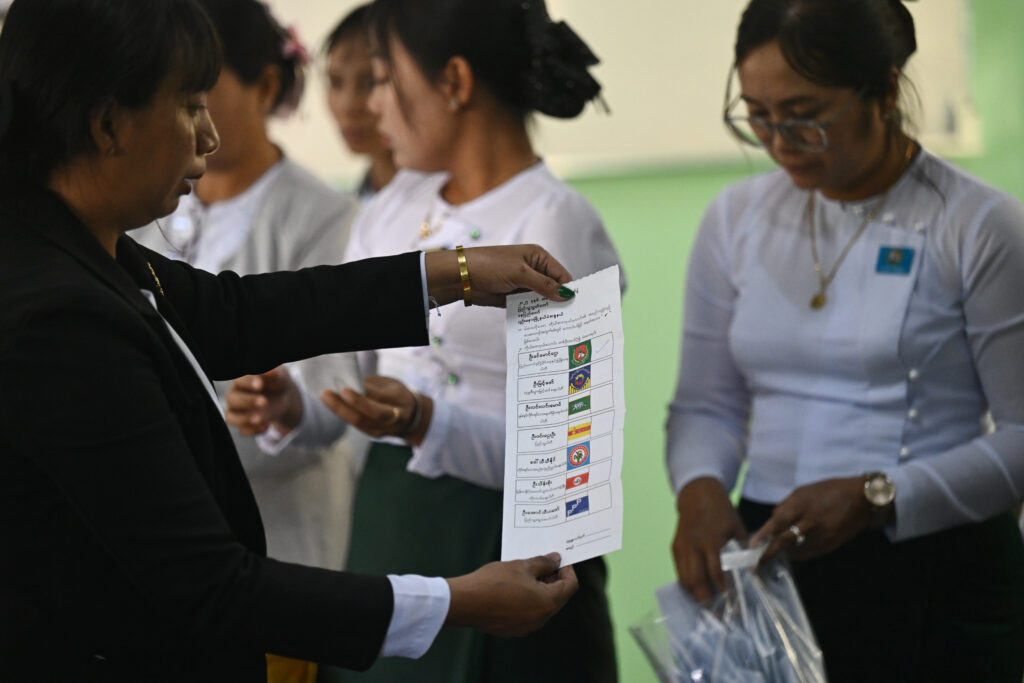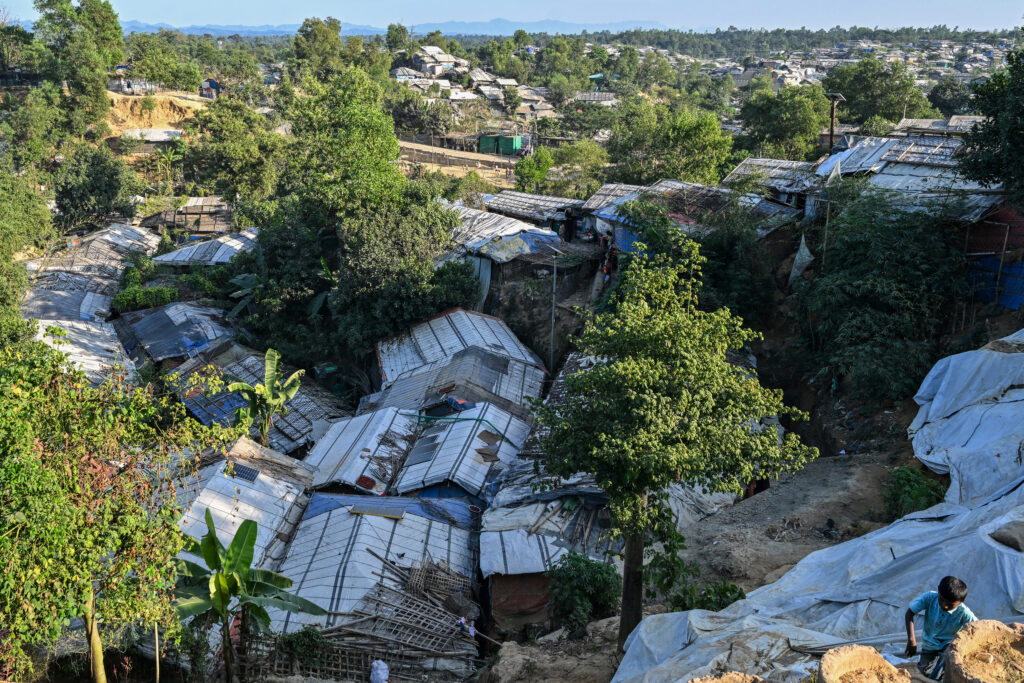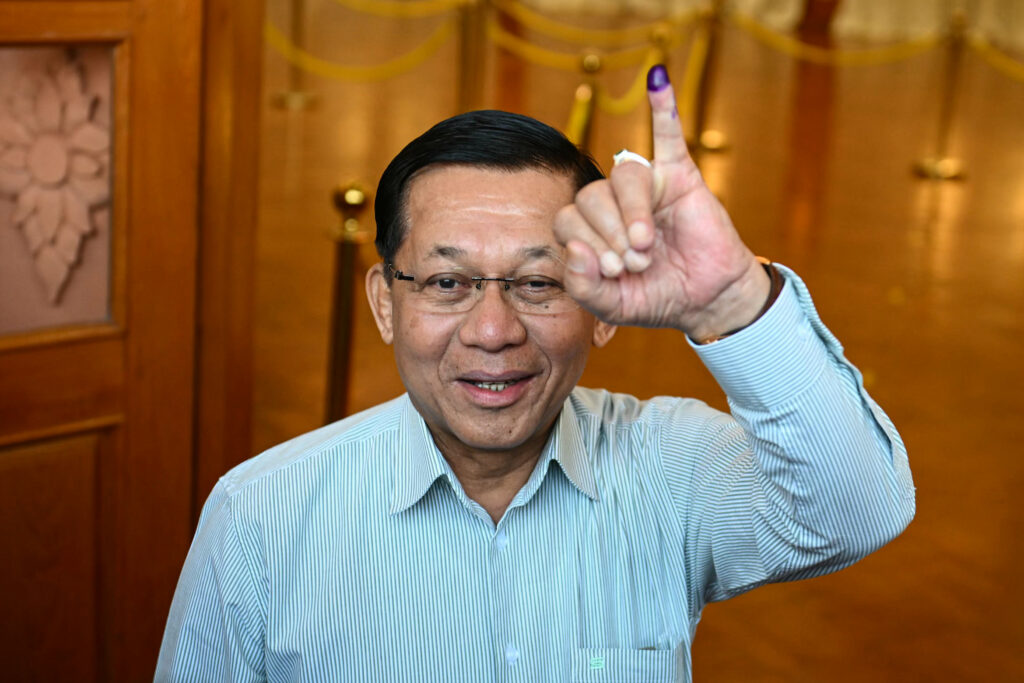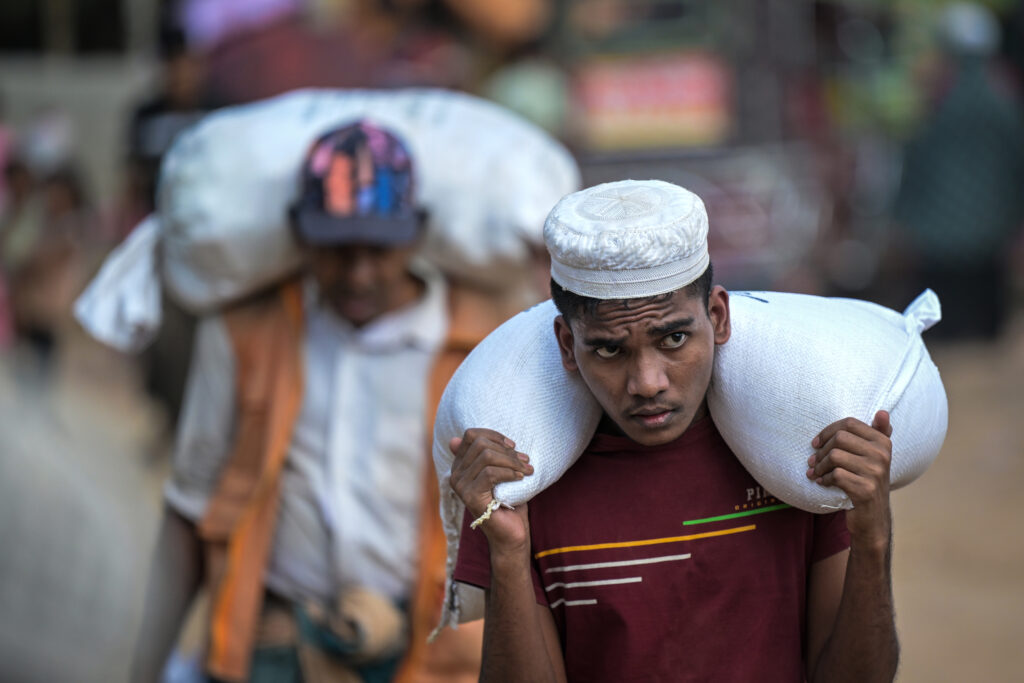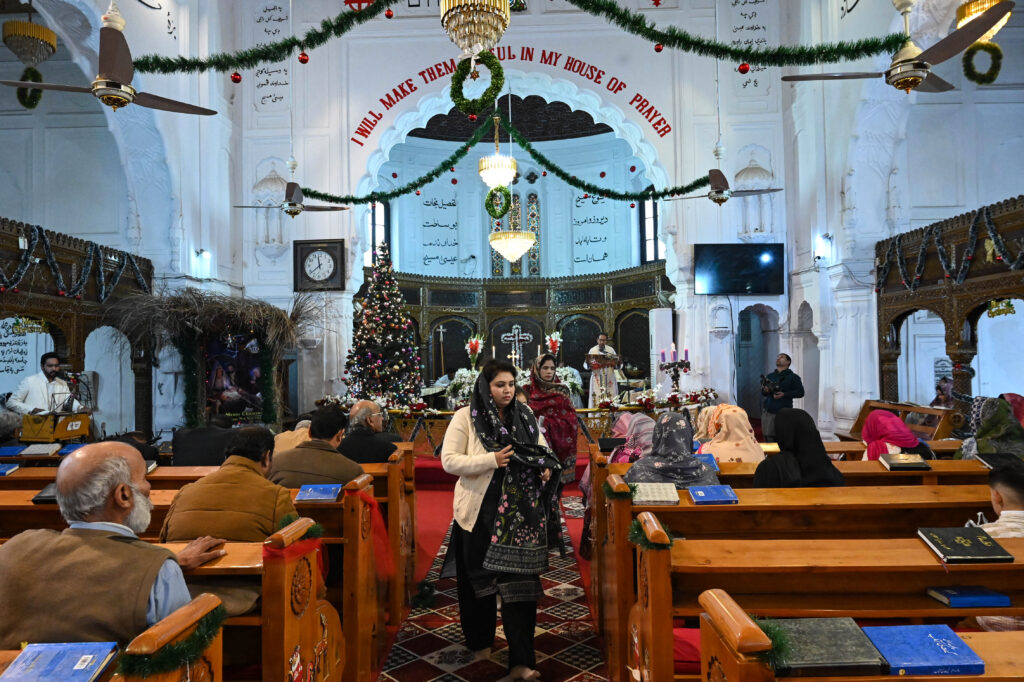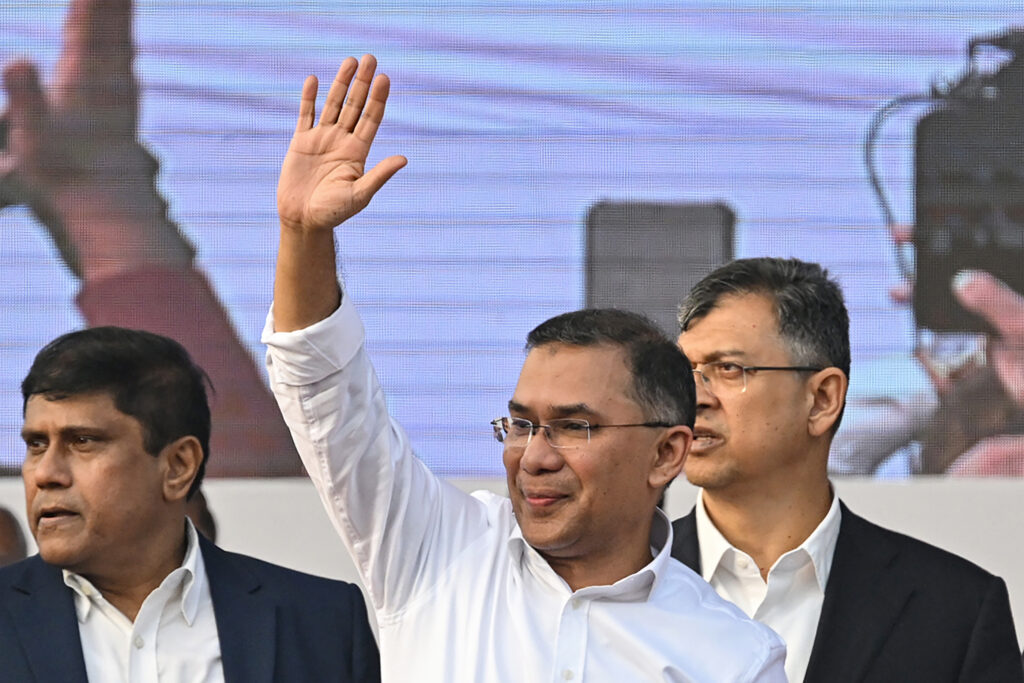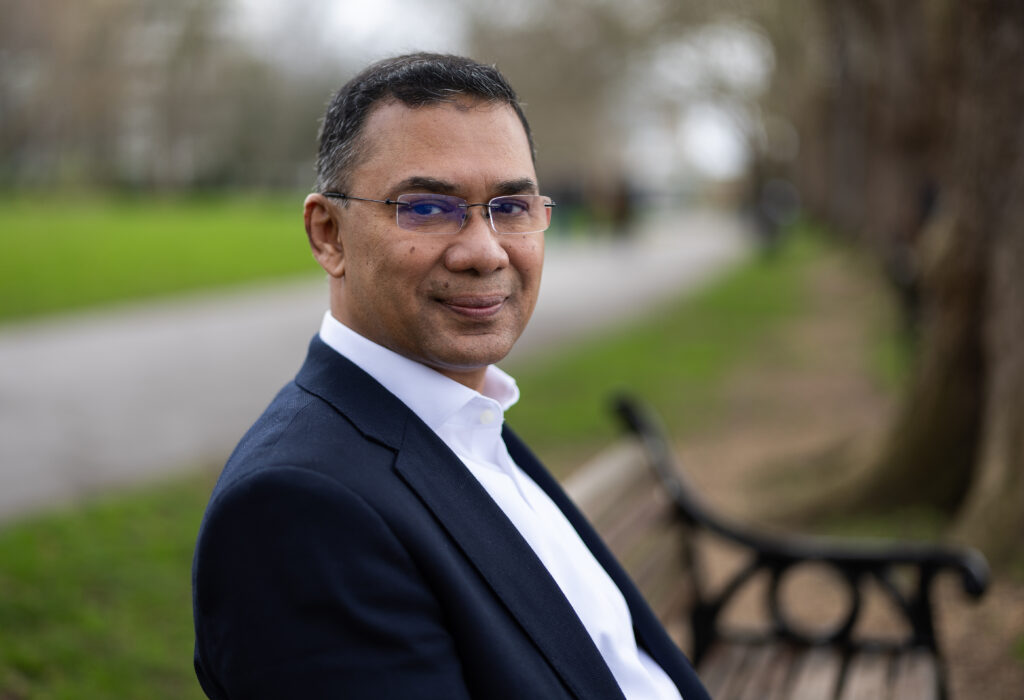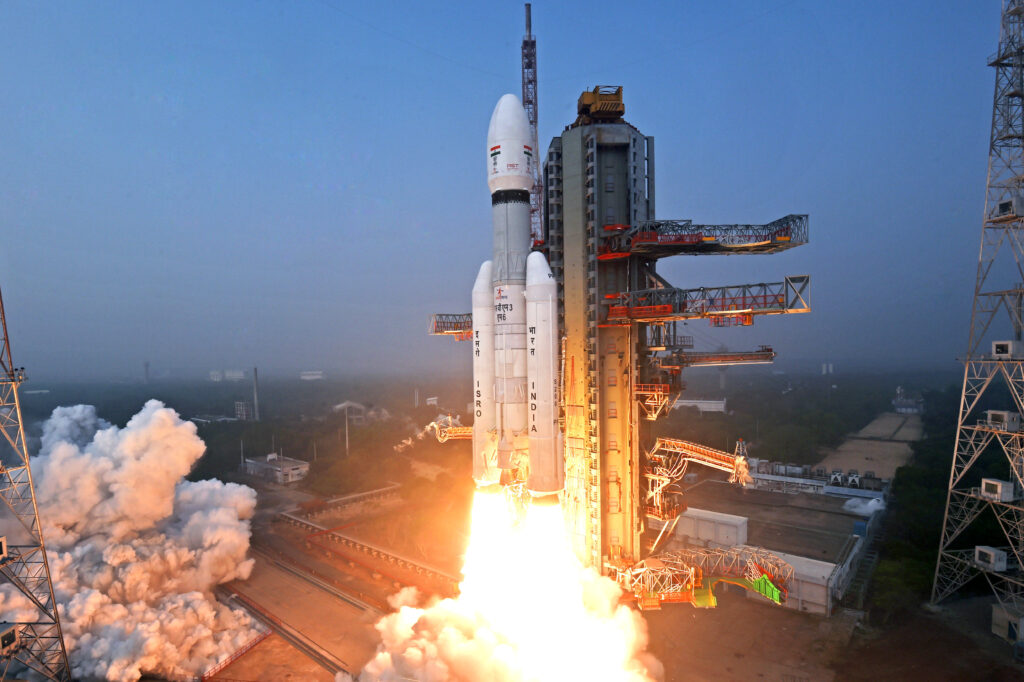Myanmar pro-military party ‘winning’ junta-run poll first phase: source
Myanmar’s dominant pro-military party is “winning a majority” in the first phase of junta-run elections, a party source told AFP Monday, after democracy watchdogs warned the poll would entrench military rule.The armed forces snatched power in a 2021 coup, but on Sunday opened voting in a phased month-long election they pledge will return power to the people.The massively popular but dissolved party of democratic figurehead Aung San Suu Kyi did not appear on ballots, and she remains jailed since the military putsch which triggered a civil war.Campaigners, Western diplomats and the United Nations’ rights chief have condemned the vote — citing a stark crackdown on dissent and a candidate list stacked with military allies.”The USDP is winning a majority of seats around the country according to different reports,” said a party official in the capital Naypyidaw, requesting anonymity because they were not authorised to speak to media.Official results have yet to be posted by Myanmar’s Union Election Commission and there are two more phases scheduled for January 11 and 25.The military overturned the results of the last poll in 2020 after Suu Kyi’s party, the National League for Democracy, trounced the Union Solidarity and Development Party.The military and USDP then alleged massive voter fraud, claims which international monitors say were unfounded.But on Sunday military chief Min Aung Hlaing — who has ruled by diktat for the past five years — said the armed forces could be trusted to hand back power to a civilian-led government.”We guarantee it to be a free and fair election,” he told reporters after casting his vote in Naypyidaw. “It’s organised by the military, we can’t let our name be tarnished.”The military’s coup triggered a civil war as pro-democracy activists formed guerrilla units, fighting alongside ethnic minority armies which have long resisted central rule.Sunday’s election was scheduled to take place in 102 of the country’s 330 townships — the largest of the three rounds of voting.But amid the war, the military has acknowledged that elections cannot happen in almost one in five lower house constituencies.
